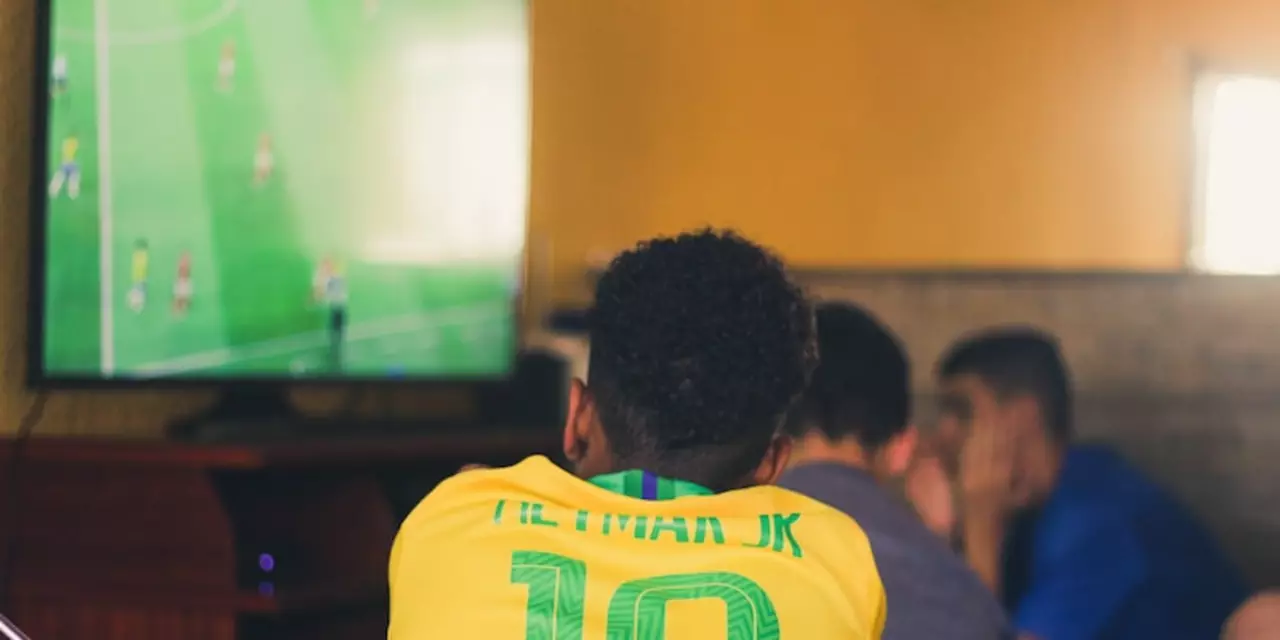Game: Understanding the Basics and Why It Matters
When talking about game, a structured activity with rules, competition and fun. Also known as play, a game can be a sport, a board activity, or a digital experience. A game encompasses rules (subject‑predicate‑object: game includes rules), it requires skill (game requires skill), and it creates community (game fosters social interaction). In practice, games range from kicking a ball on a pitch to swinging a club on a green, and even tapping a screen on the go. For example, soccer, the world’s most‑watched team sport, uses a round ball and a 90‑minute clock (also called football), while golf, a precision sport where players hit balls into holes using clubs) demands focus and technique. Even cricket, a bat‑and‑ball game popular in Commonwealth nations shows how varied a game can be, blending strategy, stamina, and skill.
Why Different Games Capture Our Attention
Every game brings its own flavor of excitement. Soccer’s goal‑scoring drama fuels debates like “Why do we see so many tied games?” – a question that pops up when you look at low‑scoring matches, defensive tactics, and the lack of overtime in many leagues. Golf, on the other hand, sparks chatter about teamwork when stars like Justin Rose warn that the U.S. Ryder Cup squad might be “trying too hard to be a team.” Cricket fans keep an eye on how “South Africa will win a World Cup” and the pressure that comes with high expectations. Meanwhile, the rise of offline video games, such as the Android title “Final Kick 2020,” shows that even when you’re offline, you can still get a solid soccer experience with 3D graphics and smooth controls. These examples highlight that games are not just pastimes; they shape conversation, influence culture, and even affect economics – think about goalkeepers pulling in the highest salaries or fans hunting for the best soccer jerseys.
All this variety means the posts below cover a wide range of game‑related topics. You'll find deep dives into player positions, analysis of league structures, tips for choosing the right soccer role, and even a look at legal tools for trademark protection. Whether you’re curious about the latest offline soccer game, the impact of player fitness over the decades, or how a royal’s death ties into the sport’s history, the collection gives you practical insights and fresh perspectives. Let’s jump in and see what the world of game has to offer next.
How long is a world cup game?
Posted by Zander Callaghan with 0 comment(s)
A FIFA World Cup game is the highest level of international soccer, and the games can last up to 90 minutes. This includes two 45-minute halves with a 15-minute halftime break. Extra time and penalty shootouts can be added in the case of a draw after 90 minutes, making the game potentially last for over two hours. The game is controlled by a referee who has the power to issue yellow and red cards, as well as stop and restart the game as necessary. In the event of a penalty shootout, the game can end in a few minutes. The length of a World Cup game ultimately depends on how long it takes to decide a winner.
view more